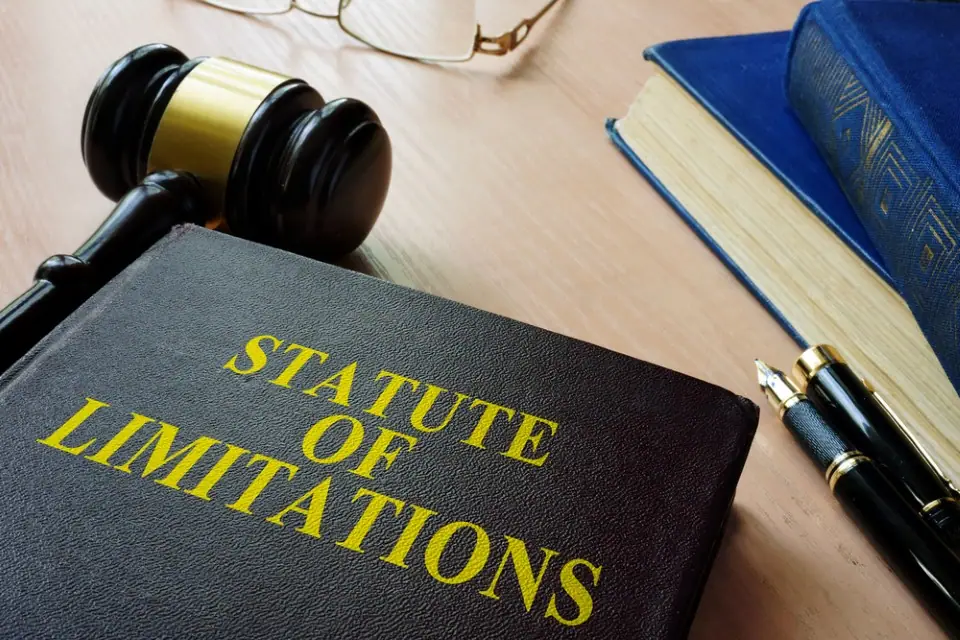In the realm of criminal law, one significant aspect that can greatly impact legal proceedings is the statute of limitations. Understanding what the statute of limitations entails is essential for both legal practitioners and individuals involved in criminal cases. This article delves into the details of the statute of limitations in criminal law, providing you with a comprehensive overview.
The Basics of the Statute of Limitations
The statute of limitations is a legal concept that sets a time limit on how long a prosecutor can wait to file charges against a person for a specific crime. Its purpose is to ensure that individuals are not left in a state of perpetual uncertainty, as there must be a reasonable timeframe within which criminal charges can be initiated. The exact time limit varies depending on the jurisdiction and the nature of the crime.
Different Types of Crimes and Their Statute of Limitations
The statute of limitations is not a one-size-fits-all rule; it varies depending on the type of crime committed. Here are some common categories and their respective statute of limitations:
- Felonies: For the most serious offenses, such as murder, there is often no statute of limitations. This means that a person can be charged with murder at any time, regardless of how many years have passed since the crime was committed.
- Sexual Offenses: Sexual offenses, particularly those involving children, often have longer statute of limitations, as it may take years for victims to come forward.
- Property Crimes: The statute of limitations for property crimes, like theft or burglary, is typically shorter than for more severe offenses. This can range from a few years to a decade, depending on the jurisdiction.
- White-Collar Crimes: Financial crimes, such as embezzlement or fraud, may also have a varying statute of limitations. In some cases, it can be several years.
The Importance of the Statute of Limitations
The statute of limitations serves several crucial purposes in the legal system:
- Preserving Evidence: Over time, evidence can deteriorate or be lost. The statute of limitations ensures that cases are brought forward when evidence is still reasonably fresh and reliable.
- Protecting the Accused: It prevents individuals from living in perpetual fear of potential prosecution, as there is a defined timeframe for initiating charges.
- Promoting Prompt Prosecution: The statute of limitations encourages law enforcement and prosecutors to act promptly in investigating and pursuing criminal cases.
Can the statute of limitations be extended or tolled?
Yes, there are circumstances in which the statute of limitations can be extended or tolled. Common reasons for this include the suspect being out of the jurisdiction or the victim being a minor. These situations can pause or extend the time frame for filing charges.
What happens if a crime is discovered after the statute of limitations has expired?
If a crime is discovered after the statute of limitations has expired, it is generally not possible to bring charges against the alleged offender for that specific crime. However, some exceptions and legal doctrines may allow prosecution in rare cases.
Can the statute of limitations vary by state in the United States?
Yes, the statute of limitations can vary significantly from state to state in the United States. Each state has the authority to set its own time limits for different crimes, so it’s essential to be aware of the specific laws in your jurisdiction.
Is there a statute of limitations for federal crimes?
Yes, federal crimes have their own statute of limitations. These time limits are set by federal law and may differ from the statutes of limitations for state crimes.
Conclusion
The statute of limitations in criminal law plays a pivotal role in ensuring that justice is served within a reasonable timeframe while protecting the rights of the accused. It is essential to understand the specific rules and regulations regarding the statute of limitations in your jurisdiction, as they can vary significantly. Whether you are a legal professional or an individual seeking legal guidance, being informed about the statute of limitations is crucial in navigating the complex landscape of criminal law.







